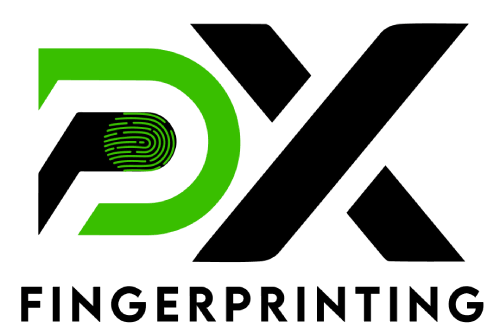I9 Verification Services in Beaverton, Oregon
Complying with I-9 verification laws can be difficult. But not with PDX Fingerprinting! We make it easy for you to get your employees’ i-9 verification needs straight. We know that this process can be time consuming and overwhelming, so let us take care of it for you.
What is i9 Verification?
I-9 Verification is a form that all US employers must fill to ensure the hiring’s identification and eligibility to work n the United States. It doesn’t matter if the employee is US citizen or not, i-9 verification is mandatory for all employees. If you are an employer, you need to make sure that your employees’ i-9 verification is addressed to comply with employment verification laws. At PDX Fingerprinting, we offer the easiest way to get employers’ i-9 verification in Beaverton, Oregon with needs straight, streamlining it in a professional and hassle-free manner.
Book An Appointment

Live Scan Process
Find A Location
Search for a location near you using our zip code finder map.
Make An Appointment
Make an appointment and pre enroll using our step by step process.
Confirm Via Email
Receive an email from PDX Fingerprinting confirming your appointment details.

When Do I Need I-9 VERIFICATION?
If you are an employer that has recently hired a prospect, you need to complete i-9 verification. However, if you have no idea about the complexities of completing such a process, we are here to help. At PDX Fingerprinting, our experts will guide you through the process, enabling you to onboard employees efficiently and proactively.
What steps are involved in I-9 Verification?
It is important to fill each and every section of i-9 verification form with utmost care. There are three sections to an i-9 verification form. first for employee, second for employer, and third for employer again but for rehiring purposes. As an employer, it is your duty to complete the i-9 verification form. If you fail to address any section, it may lead to delay hiring. Also, if you failed to complete i-9 verification, your organization might be fined a penalty. If you have questions regarding i-9 verification in Beaverton, Oregon, feel free to call us anytime and talk to our experts.
Book your hassle free consultation now!
How to fill in the i9 verification form?
PDX Fingerprinting will help you out in every aspect of i-9 verification forms. Our i-9 verification service is designed to help employers and employees have a smooth onboarding process. If you want to know how to fill in the i-9 verification form, here’s some of the things you need to look out for.
• Make sure you have the latest i-9 verification form.
• It is necessary to fill all details written on the form. Negligence on this part may delay the hiring process.
• As an employer, make sure you review the employee’s information, documents, etc.
• Make multiple copies of the form for the safe side.
Why Choose Our i9 Verification Service in Beaverton, Oregon?
Team of experts – We are a team of experts trained in live scan fingerprinting services and ink fingerprinting to offer you the best service.
Quick service – Our motto is to guarantee quick and accurate portland fingerprinting services to all our clients
Privacy & security – We make sure all the sensitive documents and fingerprints are kept secured and are never shared with anyone.
Locally owned & operated
Quick response time
Testimonials
FAQ
i-9 verification form is a mandatory process for all US employers to fill and submit whenever they hire a new prospect. It is used to verify and authenticate the identity of the employees hired.
Yes. It is mandatory by law, and it helps protect the integrity of employers and employees
Get in touch with us and discuss your i-9 verification needs. Let us know of your availability and schedule an appointment with us.
We are a group of specialists that have been trained to excel in the various services we provide, including criminal background check Oregon, apostille Oregon, and many more. We endeavor to deliver prompt and accurate services to our consumers. We make certain that all private documents and fingerprints are kept secure and never shared with anybody. We are locally owned and operated with a quick response time

